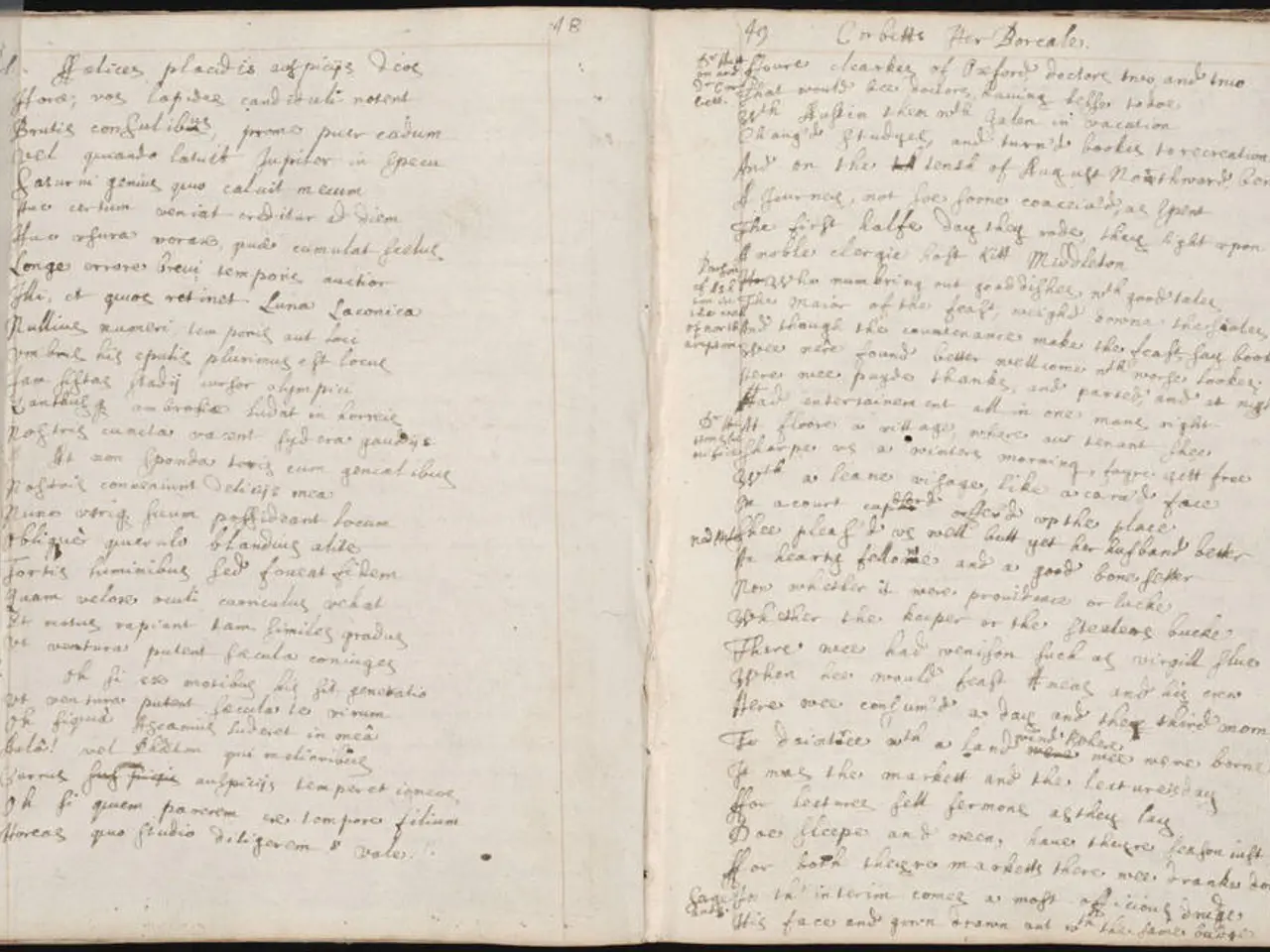Guidance and Strategies for Crafting IB TOK Inquiry Questions
In the realm of the International Baccalaureate (IB) Theory of Knowledge (TOK) course, crafting effective knowledge questions is a crucial skill. These questions are designed to encourage critical thinking and exploration, focusing on the methods of knowledge creation.
One key aspect of these questions is their open-ended nature, allowing for multiple perspectives and interpretations rather than simple yes/no or factual answers. For instance, a strong TOK knowledge question might be: "To what extent does replication contribute to the production of knowledge in the Natural Sciences and Human Sciences?"
Effective TOK questions also emphasise the methods of knowledge creation, inviting inquiry into how knowledge is acquired, constructed, validated, and communicated. They explicitly link to Areas of Knowledge (AOKs) and Ways of Knowing (WOKs) to ground the question in the TOK framework and encourage interdisciplinary reflection.
To create such questions, it's helpful to start with a knowledge-related verb phrase that invites discussion. For example: "How reliable is knowledge in the field of History when relying on primary sources?" or "In what ways does the use of language shape our perception of reality in the Arts?"
It's also important to be aware of TOK concepts such as knowledge claims, knowledge questions, perspectives, and implications to frame nuanced questions. A good TOK question allows for many possible answers, focuses on methods, and encourages critical thinking.
Moreover, good TOK questions are balanced with claims and counterclaims, and they encourage exploration. For example, a question might explore the counterclaim that scientific methods provide objective truths about the natural world, arguing that scientific knowledge is influenced by cultural and historical contexts.
To support students in crafting and answering these questions, resources such as IB English Language and Literature materials, Revision Dojo, and the IB Global Politics materials offer detailed study notes and practice questions to build critical analysis and language skills.
The ultimate goal of TOK knowledge questions is to challenge both what we know and how we know it, improving critical thinking and deepening understanding of the world. By engaging with these questions, students are encouraged to dig deeper into how we understand knowledge, fostering a lifelong passion for learning and critical thinking.
In the pursuit of education-and-self-development, supplementing study materials with a question bank of open-ended TOK questions can bolster critical thinking skills. For example, practice questions like "In what ways do different Ways of Knowing (WOKs) contribute to the construction of questionable knowledge claims in the Natural Sciences?" can stimulate interdisciplinary learning, fostering a deeper understanding of the methods of knowledge creation and validation.




